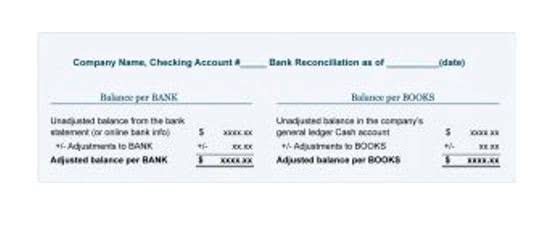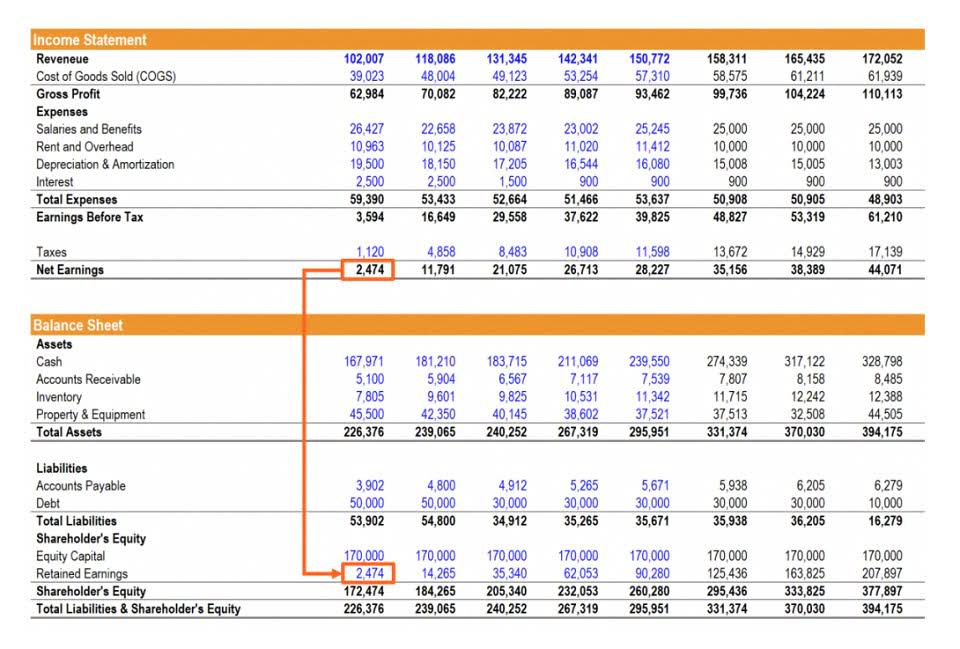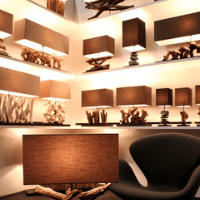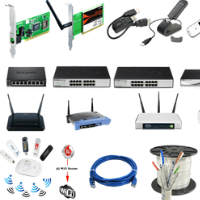
The budgeting and forecasting process encourages cross-functional collaboration and ensures everyone is aligned around common goals. Accurate budgeting and forecasting enable hotels to anticipate risks and develop contingency plans. For example, if a hotel expects a slowdown in demand due to seasonal fluctuations or economic downturns, it can adjust its marketing efforts or reduce costs accordingly. Successful financial forecasting requires a combination of thorough data analysis, strategic planning, and technology adoption.

What are the benefits and challenges of financial forecasting in the hospitality industry?

Thus, it’s the perfect way to prepare for uncertainty, utilize performance data, consider industry trends, and make education predictions about occupancy, room nights, average daily revenue, etc. Once all the adjustments suggested by senior management have been incorporated, you can finalize the budget. Share the individual departmental budgets with the relevant stakeholders and double-check that they understand the requirements and the hotel’s strategic objectives. Monitoring key economic indicators like GDP growth, employment rates, and consumer confidence can help predict broader trends affecting the hospitality industry. For example, an improving economy may https://www.bookstime.com/articles/how-your-business-can-accept-ach-transfers lead to increased business travel and higher occupancy rates, while a downturn could have the opposite effect.

Methods for Generating Accurate Hotel Forecasts
Using historical data, integrating diverse data sources, and enabling collaboration among key stakeholders, will result in more accurate business projections to help you build successful strategies. By staying up-to-date on industry trends and market conditions, hoteliers can anticipate changes in customer demand and adjust their revenue projections accordingly. For instance, if there is an increase in corporate travel or a surge in demand for leisure travel during a specific season, hotels can modify their revenue forecast to reflect these trends. Creating an annual hotel budget is a crucial financial planning exercise that sets the foundation for achieving strategic goals and objectives.
By Technology
- Financial forecasting plays a vital role in supporting strategic planning in the hospitality industry.
- Hotel budget elements refer to the specific line items or components that make up the hotel’s financial plan.
- Make sure the budget is shared across departments, and that everyone is engaged in being an active participant in reaching their performance metrics.
- Upgrading to modern systems can require significant investment and training efforts, posing additional challenges.
However, it is equally important to gather data on customer satisfaction scores, online reviews, and feedback from guests to gain deeper insights into areas that may require investment and improvement. Eva has over a decade of international experience in marketing, communication, events and digital marketing. Forecasting is important for setting the property’s pricing strategy, which will ultimately lead to reaching the desired revenue. In today’s fast-paced world, everything is ever changing, and every prediction is considered to hotel budget be forecasting. In the last few years, forecasting has become a necessity, a must for properties to correctly assess their demand, price changes, trends, seasonality, etc.
Accurate financial forecasting allows businesses to evaluate potential investments and projects, identifying those that are most likely to generate returns. It facilitates better decision-making around pricing strategies, capacity management, and resource allocation, and enables businesses to react quickly to changing market conditions. Effective financial forecasting also supports strategic planning in the hospitality industry. By using forecasts to identify growth opportunities, evaluate investments, and align financial goals with overall business objectives, businesses can achieve better financial outcomes. By regularly monitoring and adjusting the budget, hoteliers can ensure their financial goals and objectives are being met.

Different types of hotel budgets

Creating a detailed revenue forecast is a critical step in the hotel budgeting process. To develop an accurate revenue forecast, hoteliers should consider various factors, such as historical data, market trends, and planned marketing or sales initiatives. Hotels can also use predictive analytics to forecast future demand and adjust pricing strategies accordingly. By examining historical demand patterns, occupancy rates, and market trends, hotels can make informed revenue management decisions. Financial forecasting in the hospitality industry plays a crucial role in making informed decisions, controlling costs and improving overall profitability.
Step 4: Allocate resources
- Predictive analytics in the hotel industry leverages customer and operational data to identify trends and make informed predictions.
- It allows management to allocate resources efficiently, identify potential cost savings, and set realistic financial goals.
- It involves predicting future financial performance based on historical data, current trends, and market analysis.
- As mentioned above, fixed costs include salaries, property taxes, and insurance, while variable expenses cover utilities, marketing, and guest supplies.
- Hotels that consistently prepare accurate budgets and forecasts are more likely to achieve long-term success.
- Each lesson is thoughtfully structured, starting with foundational topics and gradually progressing to more advanced techniques and emerging trends.
By incorporating these components into your planning, you can ensure that all financial aspects of the hotel’s operations are comprehensively planned and managed. Pay attention to housekeeping costs, food and beverage expenses, front-desk staffing needs, fluctuations in electric bills, water usage, and other areas. Keeping a close eye on your YOY profit and loss variance can help you see a clearer picture of the hotel’s financial success. In addition, monitoring the variance will show what you can expect the hotel’s financial performance to look like in coming contra asset account year. How does that number compare to how much revenue your hotel had brought in at the same time last year? Look for trends in market segment performance, negotiated account pickup, dramatic ADR or RevPAR fluctuations, or other unusual trends.






































